
Aditya Bahl is Assistant Professor of Comparative Literature and Global Asias at The Pennsylvania State University. His current book project, Green, Red: Postcolonial Revolutions and World Literature, examines the confrontations between the US-sponsored Green Revolution, Soviet diplomacy, and the Mao-inspired Naxalite rebellion in the agrarian backwaters of Punjab. Combining ethnographic fieldwork and archival research, it traces the rise of a fugitive laboratory of world literature in a Third World landscape dotted with seed farms, contact zones, and prisons. Bahl writes about culture and politics for London Review of Books, Nation, New Left Review, The Caravan, The New Inquiry, and Himal, among other publications. He is also the author of four chapbooks of poetry including MUKT (NYC: Organism for Poetic Research, 2021) and NAME AMEN (Malmö: Timglaset, 2018).

Sandeep Banerjee is Associate Professor in the Department of English at McGill University, Canada. His scholarship engages questions related to the social production of space and nature; imperialism and decolonization; modernity and aesthetics in the global “periphery;” the ideology of literary form; and the cultures of global socialism. He is the author of Space, Utopia and Indian Decolonization: Literary Pre-figurations of the Postcolony (Routledge, 2019) and the co-editor of the anthology of essaysPartition, Belonging and the Birth of Bangladesh (Routledge, forthcoming). He is currently completing his monograph on the geographical imagination of the Himalaya in the colonial era besides developing a book project on the impact on the Cold War on literary and theoretical productions from South Asia. His articles have appeared or are forthcoming in venues such as Comparative Literature Studies, Modern Fiction Studies, Utopian Studies, Victorian Literature and Culture, Modern Asian Studies, and the Cambridge Companion to British Literature and Empire. He is one of the series editors of the Routledge Series in the Cultures of the Global Cold War and serves on the editorial boards of the journals positions: asia critique, and Mediations.

Rossen Djagalov is an Assistant Professor of Russian at New York University. He is a historian of leftist culture, interested in the linkages between cultural producers and audiences in the USSR and abroad. His book From Internationalism to Postcolonialism: Literature and Cinema between the Second and the Third World (2020) uncovers the Soviet trace in postcolonial literature, film, and ultimately, theory. His second book project, “The People’s Republic of Letters: Towards a Media History of Twentieth-Century Socialist Internationalism,” examines the relationship between the political left and the different media (proletarian novel, singer-songwriter performance, political documentary film) that at different times played a major role in connecting its publics globally. He was an organizer for Yale’s Graduate Student Union (GESO) and is a member of the editorial collective of LeftEast.

Nergis Ertürk is Associate Professor of Comparative Literature at Pennsylvania State University and co-editor (with Tom Beebee) of the journal Comparative Literature Studies. Her research interests include modern Turkish literature, culture, and intellectual history, Central Eurasian and Middle Eastern Marxist aesthetics and politics, and East-East literary relations. She is the author of Grammatology and Literary Modernity in Turkey (Oxford University Press, 2011), the recipient of the 2012 Modern Language Association Prize for a First Book, and the co-editor (with Özge Serin) of a 2016 special issue of boundary 2 entitled Marxism, Communism, and Translation. Her work has also appeared in the journals PMLA, Modernism/Modernity, boundary 2, New Literary History, Interventions, Middle Eastern Literatures, Comparative Literature, Birikim, and Jadaliyya. She recently completed the manuscript of her second monograph, a study of revolutionary aesthetics and politics across Turkey and the Soviet Union.
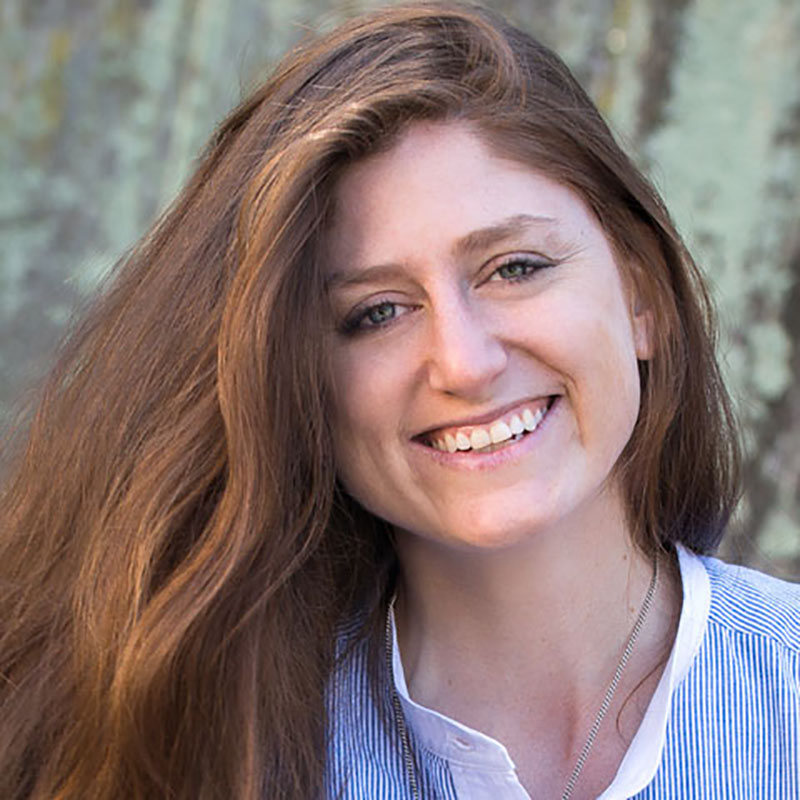
Leah Feldman, U of Chicago: My research explores the poetics and the politics of global literary and cultural entanglements, focusing critical approaches to translation theory, semiotics, Marxist aesthetics and anti-colonial theory, which traverse the Caucasus and Central Asia. My book On the Threshold of Eurasia: Orientalism and Revolutionary Aesthetics in the Caucasus (Cornell 2018), winner of the Central Eurasian Studies Society Book Prize, exposes the ways in which the idea of a revolutionary Eurasia informed the interplay between orientalist and anti-imperial discourses in Russian and Azeri poetry and prose. Tracing translations and intertextual engagements across Russia, the Caucasus and western Europe, it offers an alternative vision of empire, modernity and anti-imperialism from the vantage point of cosmopolitan centers in the Russian empire and Soviet Union. I am currently writing on the rise of the New Right in late/post-Soviet Eurasia and a book tentatively titled Feeling Collapse on Soviet film, art and performance from Central Asia and the Caucasus amidst the collapsing sensorium of the Soviet Empire. My work has appeared in Slavic Review, boundary 2, Ab Imperio, and Global South and I serve on the editorial collective for boundary 2. I am also co-writing Azbuka Strikes Back: An Anti-colonial ABCs with the artist collective Slavs & Tatars.
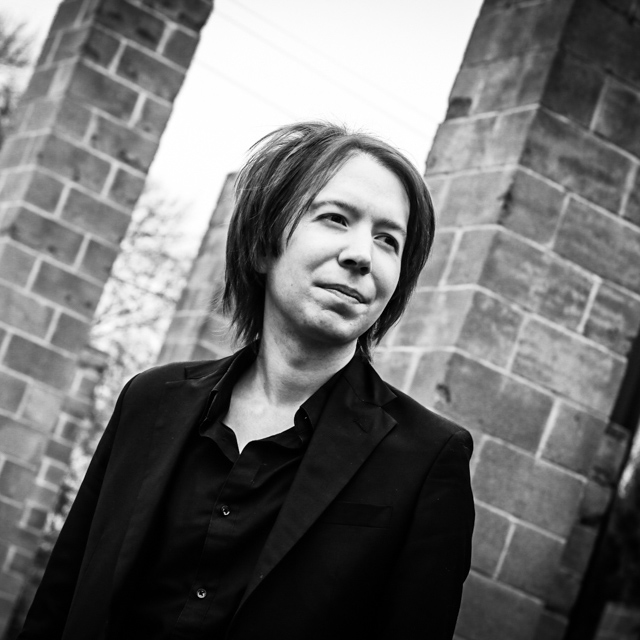
Douglas Gabriel teaches global contemporary art history at the University of Florida and is a co-editor of ARTMargins print journal (MIT Press). Previously, he taught in the College of Liberal Studies at Seoul National University. His research on North and South Korean art and visual culture has appeared in Selva, Art History, Third Text, Art Journal, and the Journal of Korean Studies. Currently, he is completing a book manuscript that explores connections between the art of the South Korean minjung (“People’s) democratization movement and North Korean socialist realism in the late Cold War period.

Amelia Glaser is Associate Professor of Russian and Comparative Literature at the University of California — San Diego, where she also holds the Endowed Chair in Judaic Studies. She is currently the Rita E. Hauser Fellow at the Harvard-Radcliffe Institute for Advanced Studies. Her work lies at the intersection of Russian, Jewish, and Ukrainian literary culture. She has written about the relationship of these three groups in the territory of Ukraine in the nineteenth and twentieth centuries. She is the author of Jews and Ukrainians in Russia’s Literary Borderlands (Northwestern UP, 2012) and Songs in Dark Times: Yiddish Poetry of Struggle from Scottsboro to Palestine (Harvard U.P., 2020). She is the editor of Stories of Khmelnytsky: Competing Literary Legacies of the 1648 Ukrainian Cossack Uprising (Stanford UP, 2015) and, with Steven Lee, Comintern Aesthetics (U. Toronto Press, 2020); she is the translator of Proletpen: America’s Rebel Yiddish Poets (U. Wisconsin Press, 2005). Dr. Glaser is currently at work on a new project about the reconceptualization of identity in Ukrainian art and literature since the 2013-14 Euromaidan protests.
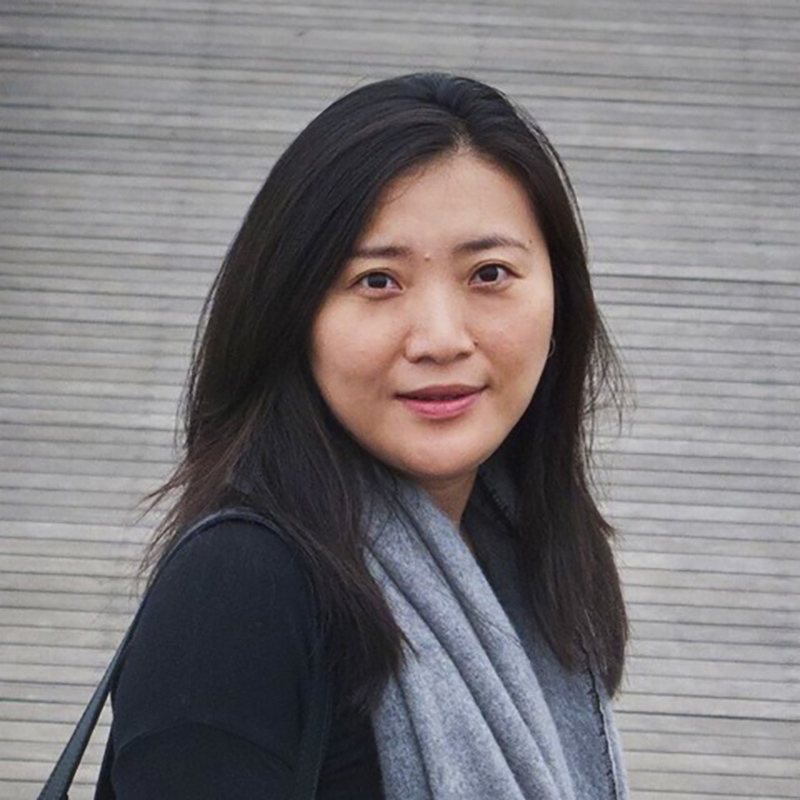
Yi Gu is an associate professor at University of Toronto. She is a scholar of modern and contemporary art and visual culture, with a focus on Asia especially China. Her research interests include cold war visual culture and post-socialist art, comparative media studies, Chinese photography history and contemporary photography in Asia, mass art and amateurism, and visual methodologies across disciplines. Her book Chinese Ways of Seeing and Open-Air Painting (Harvard University Press Asia Center, 2020) points out an ocular turn of China’s twentieth century as a foundation for a revisionist history of modern Chinese art. She is currently writing a book tentatively entitled “Tu: Aesthetics and the Chinese Communist Party,” and developing research on China’s “Beautiful Countryside” campaign in the context of a rising global fascination with rural revival.
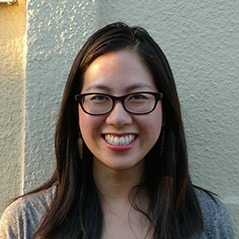
Christine I. Ho (Organizer) is associate professor of East Asian art history at the University of Massachusetts Amherst. Her research focuses on modern and contemporary art, craft, and design in China. The author of Drawing from Life: Socialist Painting and Socialist Realism in the People’s Republic of China (University of California, 2020). She is currently working on two projects: a study of the mural in modern China, and a monograph on the theory, history, and practice of collective production in modern and contemporary Chinese art, entitled Collective Brushwork.

Sam Hodgkin (Organizer) teaches in the Comparative Literature Department at Yale University. He has published on the classical and modern literature and criticism of Iran, Turkey, the Caucasus, and Central Asia. His first book, Persianate Verse and the Poetics of Eastern Internationalism, shows how the Soviet internationalist project of world literature emerged from sustained engagement between leftist writers of West and South Asia and state-sponsored writers of the multinational Soviet East. His current book project is “The Garden in Spring: Reencounters with the World of Early Persian Poetics.”

Raino Isto is an art historian and curator who works on the relationship between art, politics, activism, and community memory, with a focus on leftism during and after the Cold War. They are currently the editor-in-chief of ARTMargins Online and member of the ARTMargins print journal editorial team. Raino is based in Alexandria, VA, and teaches art history and museum studies courses at the University of Maryland, College Park, and American University. Their work has been published in Art History, Third Text, the Journal of Contemporary Chinese Art, Science Fiction Studies, ARTMargins, RACAR, International Labor and Working-Class History, and The Getty Research Journal.

Dominick Lawton is Assistant Professor of Slavic Languages and Literatures at Stanford University, specializing in the literature and cultural and intellectual history of the USSR and socialist Yugoslavia. His current book project, Writing Rebellious Things: Materialist Poetics and the Literature of the Russian Revolution, examines the volatile status of material objects and commodities during the transition from capitalism to socialism as a productive social and aesthetic problem that generated new experiments with literary form. His work has appeared or is forthcoming in Comparative Literature, Slavic and East European Journal, Delos, Qui Parle, and the edited volume Comintern Aesthetics.
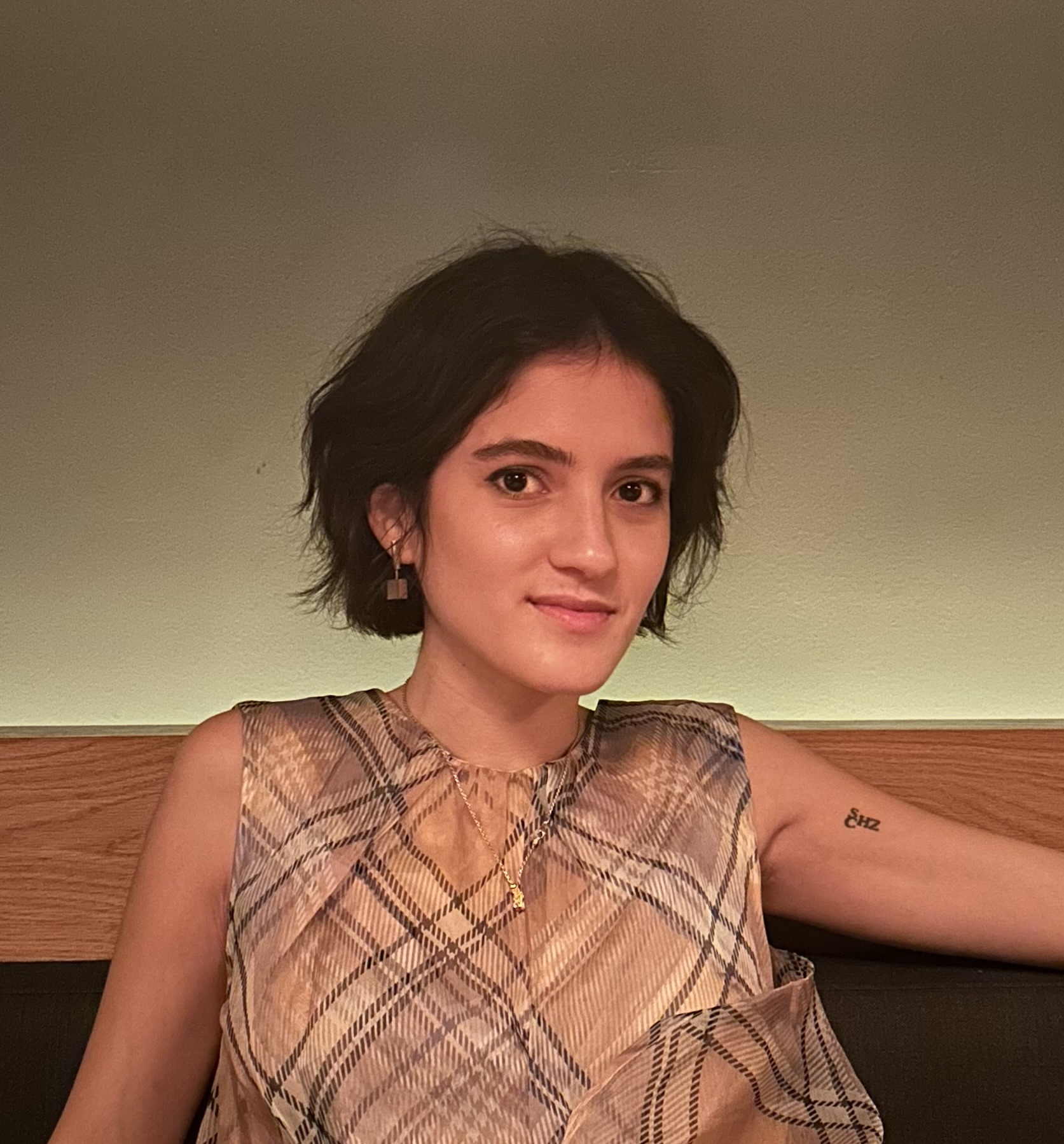
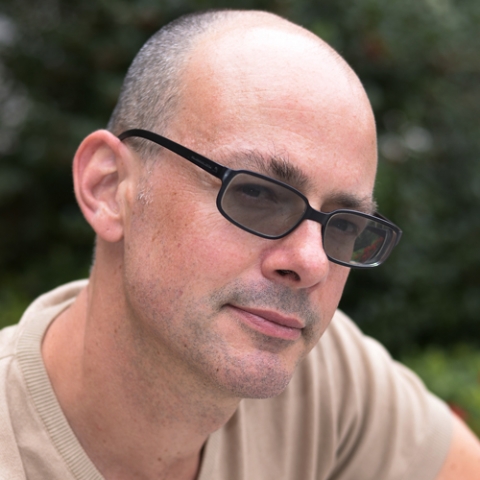
Kevin M. F. Platt teaches in Russian and East European Studies at the University of Pennsylvania. His recent book projects include Border Conditions: Russian-speaking Latvians Between World Orders (Cornell/Northern Illinois UP, 2024) and the edited volume Global Russian Cultures (University of Wisconsin, 2019). His current major project is Cultural Arbitrage in the Age of Three Worlds: How Transnational Exchange Defined Cold War Cultures.
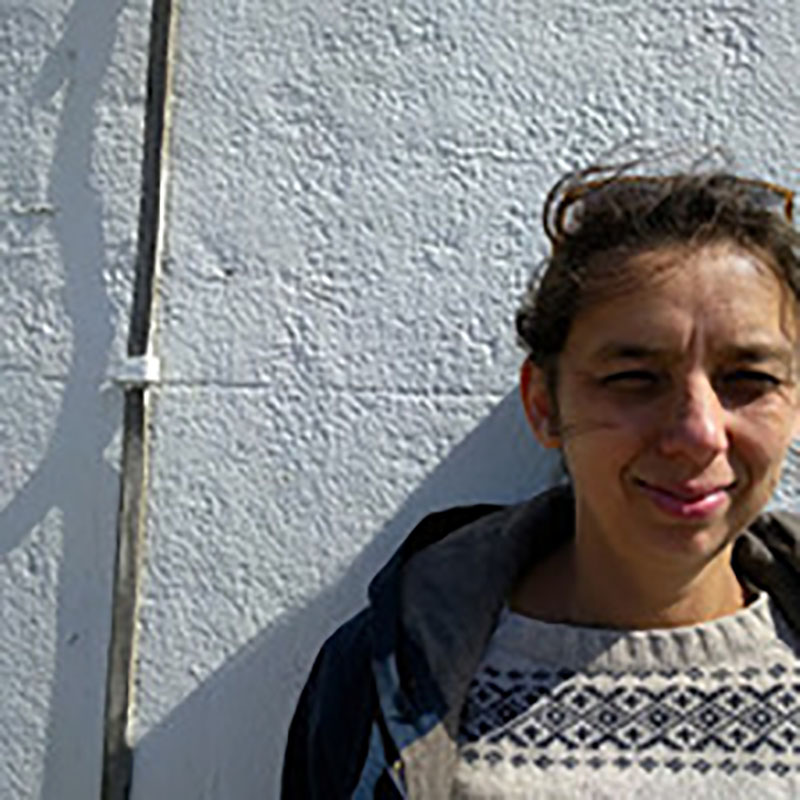
Polly Savage is Lecturer in the Art History of Africa at SOAS, University of London, and has held teaching posts at Birkbeck College, Goldsmiths College, and Leeds University. She was previously Assistant Curator at the October Gallery. Her AHRC-funded doctorate at the Royal College of Art, London explored about the cultural impact of the Cold War in Mozambique. Her edited volume Making Art in Africa 1960-2010 was published by Lund Humphries in 2014. She has curated a number of exhibitions, including most recently with Richard Gray, Our Sophisticated Weapon: Posters of the Mozambican Revolution at London’s Brunei Gallery, 2021.

Masha Salazkina is professor of film and moving image studies at Concordia University, Montreal. Her first book, In Excess: Sergei Eisenstein’s Mexico (2009) reconstructs the transcontinental legacies of Soviet revolutionary avantgardes of the 1920s-1930s. World Socialist Cinema: Alliances, Affinities and Solidarities in the Global Cold War (2023) takes Tashkent Festival of Cinemas of Asia, Africa and Latin America as an aperture into the investigation of both, material networks and symbolic forms (cinematic, cultural, discursive, and political) that were shared across (pro)socialist Cold War film cultures globally in the 1960s-1970s, arguing for socialist cinema in the 1960s-1980s as a global phenomenon whose cultural and geopolitical networks extended across the three continents. Her most recent book – Romancing Yesenia: How a Mexican Melodrama Shaped Global Popular Culture (2024) focuses on the production, international distribution and reception of the highest grossing movie in the history of Soviet film exhibition, Mexican historical melodrama Yesenia (1971), offering a transnational and comparative analysis of cultural industries, informal production and circulation practices, taste formations, and women’s cultures in 1970s Soviet Union and Mexico.

Sven Spieker (Organizer) teaches at the University of California, Santa Barbara. He specializes in modern and contemporary art, aesthetic and critical theory, and global and transnational art and art history. He is the founding editor of ARTMargins Online and ARTMargins Print Journal (MIT Press). In 2008 he published The Big Archive. Art from Bureaucracy (MIT Press). In 2017, he edited a volume about destruction in global art (Destruction, MIT Press). His latest book publications are a co-edited volume about sound in art and culture (Akusmatik als Labor: Kultur/Kunst/Medien, ed. with Mario Asef, 2023) and the monograph Art as Demonstration: A Revolutionary Recasting of Knowledge (MIT Press, 2024). Forthcoming is Socialist Exhibition Cultures. International Art Exhibitions in the Socialist World, 1950-1990 (ed., Toronto University Press).

Sanjukta Sunderason is a historian of 20th-century aesthetics, working on the interfaces of visual art, (left-wing/socialist) political thought, and historical transition during 20th-century decolonization in South Asia and across transnational formations in the Global South. She is the author of Partisan Aesthetics: Modern Art and India’s Long Decolonization (Stanford University Press, 2020) and co-editor (with Lotte Hoek, University of Edinburgh) of Forms of the Left in Postcolonial South Asia: Aesthetics, Networks, and Connected Histories (Bloomsbury, 2021). Her writings have appeared across multiple peer-reviewed journals including Third Text, British Art Studies, South Asian Studies, etc. She is currently working on a second monograph on transnational conceptualizations of art and liberation across 20th-century decolonization, thinking from the locational scales of South Asia. Sanjukta is based the University of Amsterdam in the Netherlands, where is Senior Lecturer (UD1) in Art History at the University of Amsterdam. She is part of the Amsterdam School of Cultural Analysis, and co-coordinator in ongoing and upcoming collectives at UvA like Global Trajectories of Thought and Memory and Decolonial Futures. She lectures and supervises broadly across themes of aesthetics and decolonization, global modernisms, trans-disciplinary cultural theory, postcolonial and decolonial thought

Bojana Videkanić is an art historian and an artist born in Yugoslavia now residing in Canada. Videkanic is an associate professor of visual culture and contemporary art at the University of Waterloo, Waterloo Canada. Her research focuses on the artistic and intellectual history of Yugoslavia in the 20th century, its roots in histories of socialism, country’s foundational role in organizing the Non-Aligned Movement, international socialist cultural exchange, and anti-imperialist movements. Her first book entitled Nonaligned Modernism: Socialist Postcolonial Aesthetics in Yugoslavia, 1945–1985 was published in 2020 by McGill-Queens University Press. Videkanic’s current research focuses on Naïve, amateur, and outsider art under socialism, and its links to the Non-Aligned Movement, emancipation, and international socialist networks.

Nicolai Volland is Associate Professor of Asian Studies and Comparative Literature at Penn State University. His research focuses on modern Chinese literature and culture in its transnational dimensions, including cosmopolitanism, transnationalism, translation and transculturation, and he is the author of Socialist Cosmopolitanism: The Chinese Literary Universe, 1945-1965 (Columbia University Press, 2017). He is currently working on two projects: A longitudinal study of the cosmopolitan tradition in modern Chinese literature through the lens of Sino-French literary encounters, and an effort to rethink contemporary Chinese literature from oceanic perspectives.
